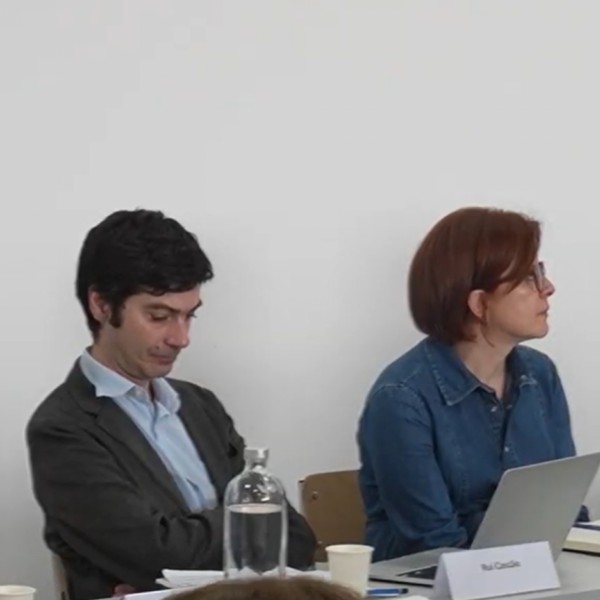
Debate Brings Together Experts to Reflect on Social Fragility and Health
Professionals discuss the challenges of intervening with vulnerable people, combining law and social work in a humanised and effective approach
Sustainable Development Goals (SDG)

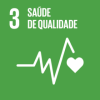
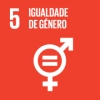
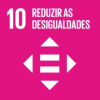
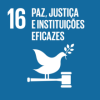
On 9 April, the seminar “Vulnerability and Health” took place at the new facilities of Lusófona University – Porto University Centre, on Rua de Alexandre Herculano.
The event brought together national and international experts in the fields of Law and Social Work, aiming to discuss the main challenges faced by professionals working with vulnerable populations, particularly in the field of health, in an integrated manner.
The opening session was led by Inês Fernandes Godinho, Vice-President of CEAD (Francisco Suárez Centre for Advanced Studies in Law), who welcomed all students in attendance, alongside Rui Cascão, who moderated the session.
The first panel began with a presentation by Mónica Teixeira, a social worker and lecturer at the university, who introduced the topic “Social Work within the Legal Framework of the Supported Adult: Practices and Challenges”. In a contextual approach, the speaker explained how social and legislative changes have rendered the former interdiction and disqualification regimes obsolete, leading to the creation of the Legal Framework of the Supported Adult (RJMA), established by Law no. 49/2018, in force since 10 February 2019.
During her speech, she also emphasised that any adult over the age of 18 may request this regime, provided they are unable to consciously exercise their rights and duties, with priority always given to the choice of a suitable supporter capable of defending the interests of the supported person.
Throughout the afternoon, the seminar featured several thematic panels, addressing issues such as the number of transplants in Portugal, the best interests of the child, the challenges of medical law, and vulnerability in wartime contexts, with contributions from renowned institutions such as Taras Shevchenko National University (Ukraine), Tilburg University (Netherlands), and Adam Mickiewicz University (Poland), enriching the debate.
Throughout the seminar, round tables were held with the active participation of students at the end of each panel. The event concluded with a final session highlighting the importance of strong collaboration between Law and Social Work, essential to ensuring a more humanised and effective response to situations of vulnerability within the Portuguese healthcare system.
Mónica Teixeira also addressed the practices associated with the RJMA, from social assessment and diagnosis to the promotion of autonomy of the supported person and support for families.
This was followed by a presentation by Sílvia Alves, a social worker at Santa Casa da Misericórdia de Lousada and coordinator of the Lousada Informal Caregiver Support Centre, titled “The Importance of the Legal Framework of the Supported Adult in Interventions with Informal Caregivers”. The speaker highlighted the relevance of the RJMA for both caregivers and care recipients, stressing the essential role of the social worker in guidance, family conflict mediation, and support during the application process.
The first panel concluded with a presentation by Ana Isa Meireles, who explored the legal foundations of the RJMA, emphasising that it is not a permanent regime, but rather a supplementary one, reviewed periodically and adapted to the specific needs of each case.
Photography
Renato Costa
Editing
Renato Costa
Coverage
Renato Costa
News
Sofia Pereira
Other News
- Workshop teaches how to adapt your CV to the Portuguese labour market
- Civil Engineering Week 2025: Theory and Practice in Three Days of Activities
- 2nd Aqua-Synapse Project Workshop at the GIMM Foundation in Lisbon
- University student invited to represent Portugal
- University Day Celebrates Excellence and Outlines a Vision for the Future










